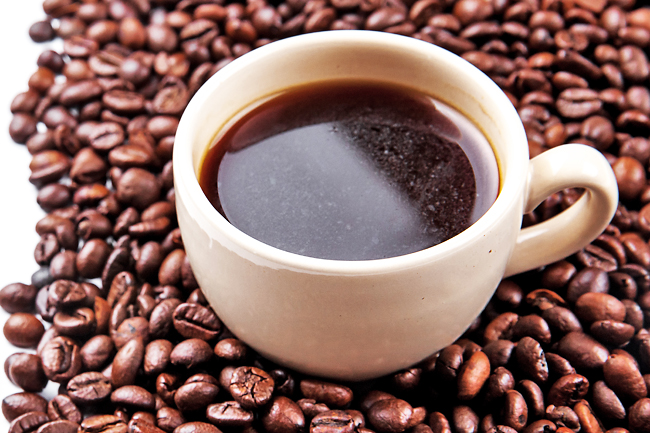KUALA LUMPUR (BERNAMA) – The global coffee market value is expected to rise by up to 20 per cent in 2025, driven by climate change, rising production costs, and the need for supply chain innovation, according to three coffee industry experts.
The Emirates News Agency (WAM) reported insights from the Dubai Multi Commodities Centre (DMCC) Executive Chairman and CEO Ahmed Bin Sulayem; Specialty Coffee Association (SCA) UAE Chapter CEO Khalid Al Mulla; and the World of Coffee Dubai Exhibition Director Shouq Bin Redha
Amid these developments, the World of Coffee Dubai 2025 event will take place from February 10 to 12 at the Dubai World Trade Centre.
With the MENA (Middle East and North Africa) coffee market projected to reach USD11.5 billion in 2025, the event highlights the region’s growing significance in the global coffee trade.
This year’s exhibition will showcase trends and innovations, including the inaugural DMCC Specialty Coffee Auction, which will feature the world’s rarest coffee beans.
Coffee prices have seen significant increases, with December marking a record high for Arabica beans on the global commodities market. Robusta prices nearly doubled in 2024, reaching USD5,694 per metric tonne by late November.
Prices for high-quality Arabica coffee beans surged by over 89 per cent within a year, reflecting mounting pressures on both producers and consumers.
The MENA region continues to emerge as a key player in the global coffee trade, supported by events like World of Coffee Dubai. The branded coffee shop market in the region grew by 11 per cent in 2024, with Saudi Arabia leading the charge, accounting for 46 per cent of all outlets.
“The MENA region is redefining the global coffee landscape, merging its rich cultural heritage with a bold vision for speciality coffee innovation,” said Sulayem.
Technological advancements are reshaping the coffee industry, including automation in brewing, real-time crop monitoring, and blockchain technology for bean traceability.
Health-focused coffee options are increasingly popular, with demand growing for functional ingredients such as adaptogens, collagen, antioxidants, and nootropics.
Al Mulla noted that nearly half of coffee drinkers now seek products offering brain-health boosters, anti-inflammatory benefits, or probiotics. Cold brew and nitro coffee are gaining traction and are expected to become coffee shop staples by 2025. Al Mulla added, “There is a growing demand for the café and coffee shop culture in countries like the United Arab Emirates, Saudi Arabia, Bahrain and Kuwait.”
Brands are responding to consumer demands for personalised coffee experiences by offering customisable options that cater to individual tastes and dietary preferences.
Sustainability remains a critical focus, with brands increasingly adopting eco-friendly practices such as compostable packaging and third-party certifications.
“Sustainability is no longer optional – it’s an expectation. Brands that adapt will lead the future of coffee,” said Redha.








